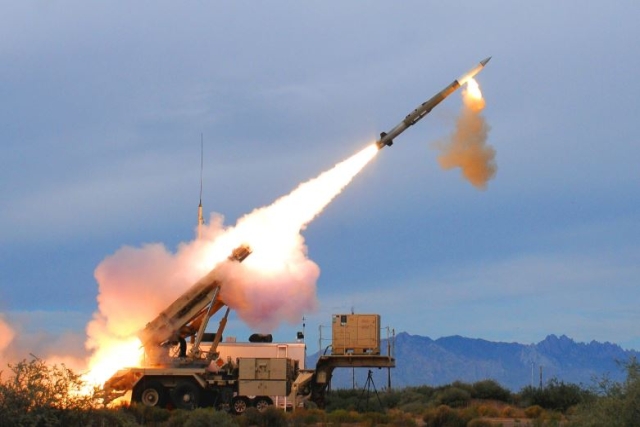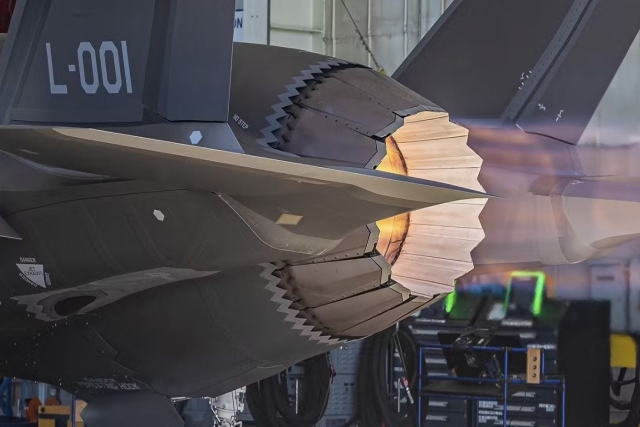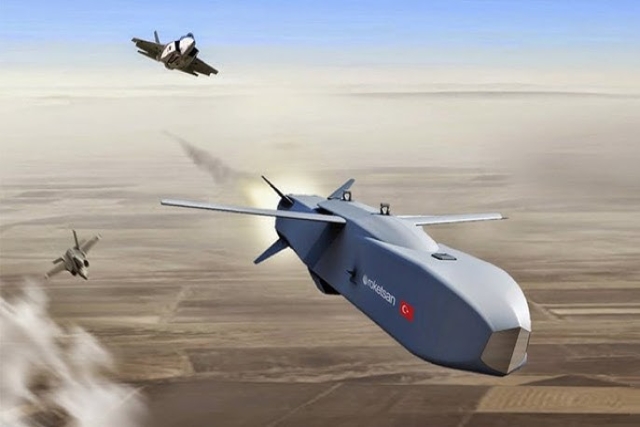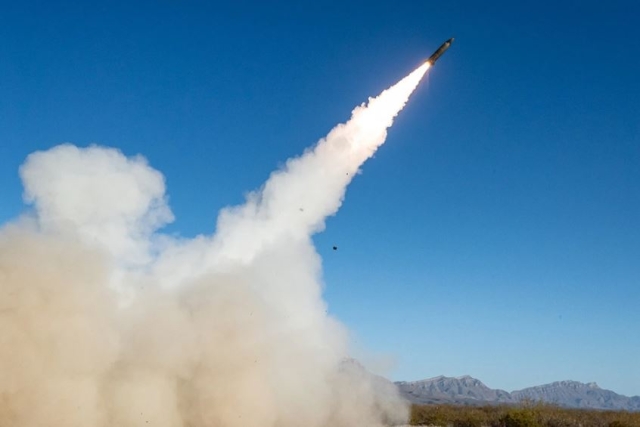China Vows Sanctions On US Firms For $2.2B Taiwan Deal
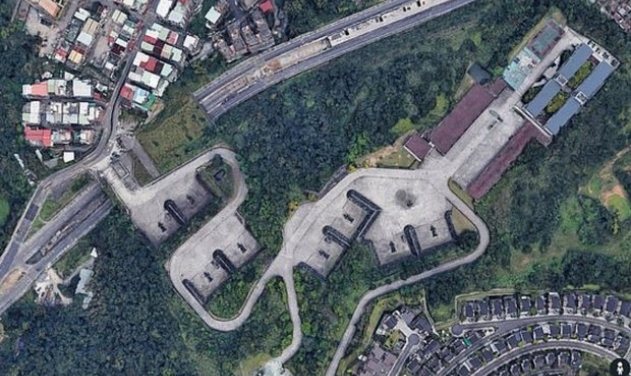
Beijing will impose sanctions on US companies involved in arms sales to Taiwan worth $2.2 billion.
The US State Department approved a Foreign Military Sale to Taipei consisting of 108 M1A2T Abrams Tanks, 254 Stinger man portable missiles and related equipment worth $2.223 Billion on 9 July.
"We will impose sanctions on US companies involved in arms sales to Taiwan," foreign ministry spokesperson Geng Shuang was quoted as saying by Chinese media on Friday.
"The arms sales to Taiwan by the US are serious violations of the international law, the basic norms of international relations, the one-China principle and the three joint communiques between China and the United States," Geng said, adding that the sales undermined China's sovereignty and national security.
"In order to safeguard national interests, China will impose sanctions on US companies involved in the arms sales to Taiwan," the ministry spokesperson added.
The tanks and missiles are manufactured by General Dynamics Land Systems and Raytheon missiles respectively.
Other than the recently approved arms sale to Taiwan, the country has also requested the US for 66 Lockheed Martin F-16V fighters.
The US has also given a green signal to the sale of Lockheed F-16, C-130, F-5 Parts to Taiwan worth $330 Million; Raytheon’s Phalanx Close-In Weapon System (CIWS), SeaRAM, and Land-based Phalanx Weapon System; $40 million MK54 Lightweight Torpedo Kits and more last year.
Meanwhile, Taiwanese defense ministry said in a statement that the "US weapons will help strengthen Taipei's self-defense in the face of a growing military threat from China."
"The national army will continue to strengthen its key defense forces, ensure national security, protect its homeland and ensure that the fruits of freedom and democracy won't be attacked," the ministry said.
China has been threatening to invade Taiwan and has been practicing an air and ground assault involving aircraft, helicopters and amphibious tanks. America’s move of approving the arms sale to the island nation it doesn’t consider sovereign, has infuriated China. Beijing views the island as its province, while Taiwan has been governed independently from mainland country since 1949, maintaining political and economic relations with several other countries.
